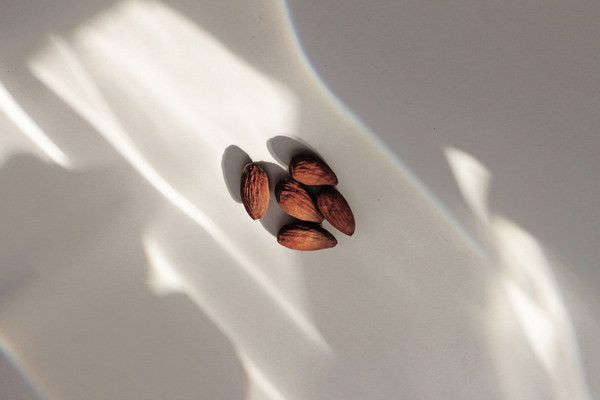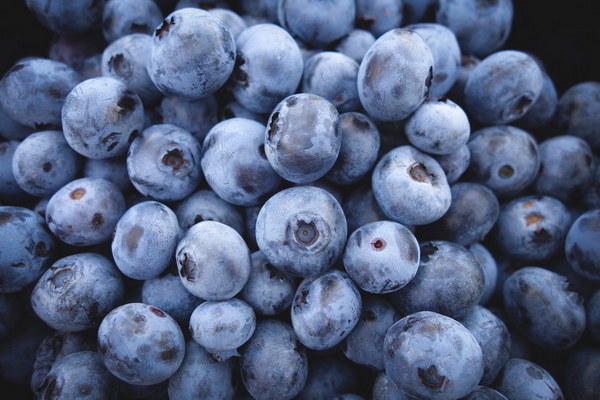Does Date Palm Fruit (Shizi) Cool the Lung Heat Exploring Traditional Chinese Medicine Benefits
In traditional Chinese medicine, date palm fruit, also known as shizi, has been used for centuries to treat a variety of health conditions. One of the most notable claims about shizi is its ability to cool the lung heat. But does this claim hold true? In this article, we will explore the origins of this belief and delve into the scientific evidence to determine whether shizi can indeed help cool the lung heat.

Shizi, scientifically known asPhoenix dactylifera L., is a fruit that has been cultivated in China for over 4,000 years. It is a staple in Chinese cuisine and is also highly valued for its medicinal properties. According to traditional Chinese medicine (TCM), shizi has a sweet and cooling taste, making it beneficial for clearing heat and phlegm in the lungs.
The concept of lung heat is a central tenet in TCM. It refers to an excess of heat in the lungs, which can lead to symptoms such as cough, phlegm, sore throat, and even respiratory infections. The belief is that shizi can help alleviate these symptoms by cooling the lung heat.
Historical Evidence:
The use of shizi as a cooling agent can be traced back to ancient texts, including the Compendium of Materia Medica by Li Shizhen, a renowned physician and herbalist who lived during the Ming Dynasty. In this tome, shizi is described as a herb that can “cool the lung, relieve cough, and dissolve phlegm.”
Modern Scientific Research:
While traditional claims are compelling, modern science has yet to fully substantiate the benefits of shizi in cooling the lung heat. However, some studies have explored the potential health benefits of this fruit.
One study published in the Journal of Ethnopharmacology in 2010 found that date palm fruit extract has anti-inflammatory and antioxidant properties. These findings suggest that shizi may help reduce inflammation and oxidative stress in the lungs, which could, in turn, alleviate symptoms associated with lung heat.
Another study published in the Chinese Journal of Integrative Medicine in 2012 investigated the effects of shizi on patients with chronic obstructive pulmonary disease (COPD). The study found that patients who consumed shizi extract showed significant improvements in lung function, suggesting that shizi may have a therapeutic effect on respiratory conditions.
Despite these promising findings, it is important to note that more research is needed to fully understand the mechanisms by which shizi exerts its effects on the lungs.
Conclusion:
While the traditional claim that shizi can cool the lung heat is well-established in Chinese medicine, the scientific evidence supporting this claim is still emerging. Early research suggests that shizi may possess anti-inflammatory and antioxidant properties that could potentially benefit individuals with respiratory conditions.
It is essential to consult with a healthcare professional before incorporating shizi into your treatment plan, especially if you have pre-existing health conditions or are taking other medications. As more research becomes available, we may have a clearer understanding of the role shizi plays in lung health and its potential therapeutic benefits.









